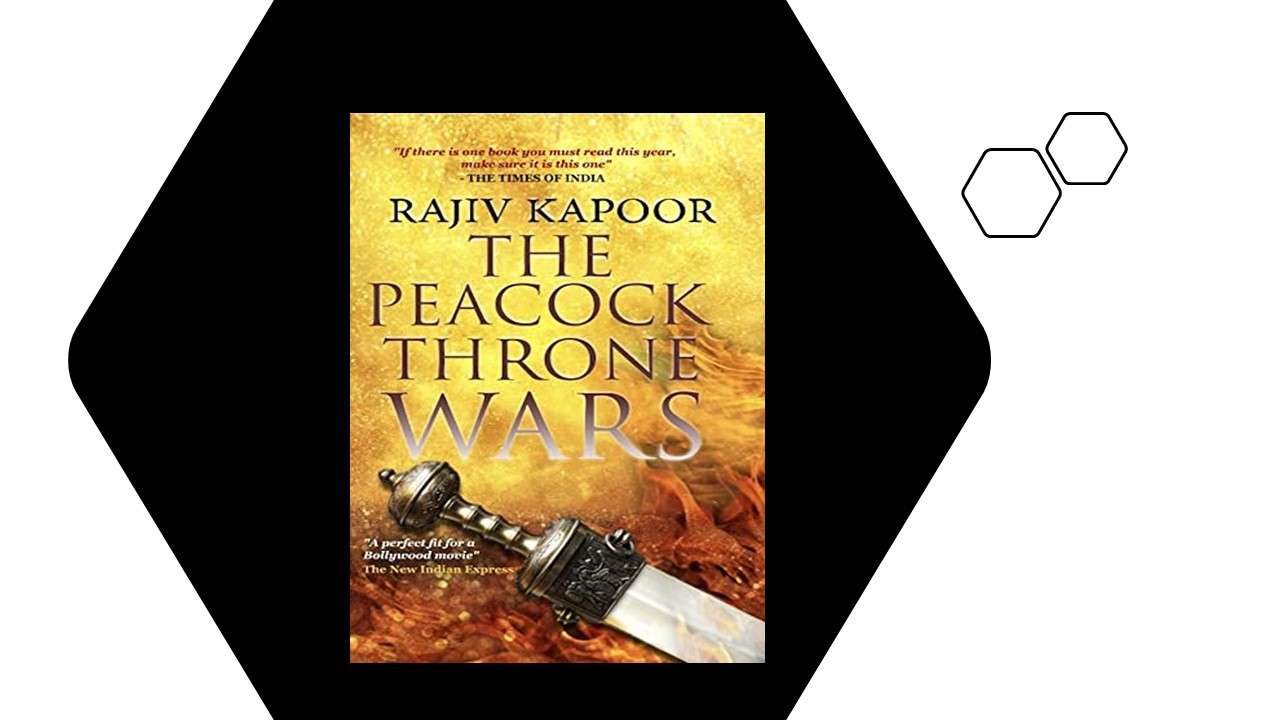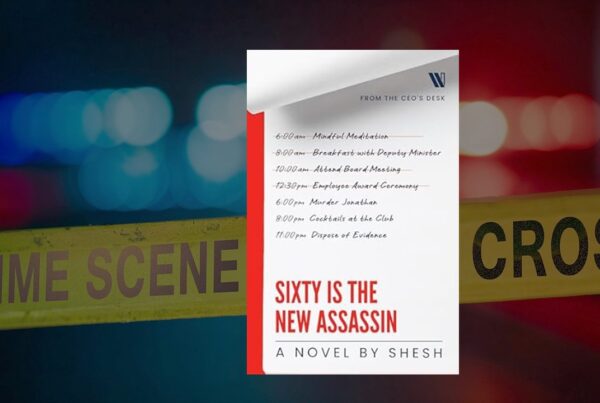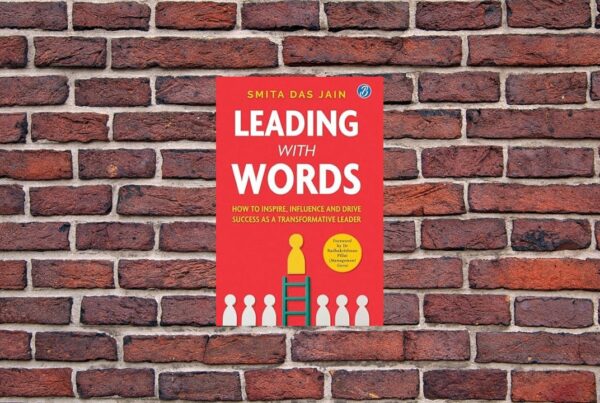Rajiv Kapoor’s The Peacock Throne Wars is a historical fiction/thriller set against the backdrop of the Mughal era. In this book, the author gives you ‘Dan Brown meets the Mughals’ feels. There are secret societies, symbols, hidden clues, weapons, and fast-paced chases that make this book an intriguing read.
The protagonist is Jay Khanna, who suffers from PTSD and moves to India from the US. He meets Noor and her father, Prof. Ansari. They accidentally discover the diary of Emperor Shah Jahan’s eldest daughter, Princess Jahanara, at Humayun’s tomb. The diary encapsulates not only the opulence of the period but also the political climate and conflict. The author shifts the narration between Jahanara in the past to Jay in the present.
The story moves from the US to India to Istanbul to Iraq as Jay competes with his nemesis, a dreaded ISIS terrorist, Xerxes. What is the Ayat an-Nur? How will Xerxes utilize this ancient knowledge to unleash pandemonium? Will Jay be able to stop Xerxes before his inner demons destroy him? These are the questions that are answered as the plot unfolds.
The Mughal period historical fiction overpowers the thriller. The notes and photos in the book are a visual treat. What impressed me the most was the amount of research put in by the author and his eye for detail; be it the inventions of that period, or the beauty of the peacock throne with its precious gems. The reader is tempted to revisit the Taj just to explore the details and nuances mentioned in the book. The romance on the moonlit grounds of the Taj is simply ethereal.
Featuring prominently in Jahanara’s diaries is the liberal crown prince, Dara Shikoh. Like her, he too revered the Sufi saints. The Tamga of Mughals designed by Dara was a combination of the Crescent and the Trident; a tribute to a secular Hindustan.
Princess Jahanara is a complex character. Having lost her mother Mumtaz Mahal at a young age, she fills in as a proxy mother to her younger siblings. She is torn between duty and love. She who watched her younger brothers play with each other as children, now watches them kill each other for the peacock throne. The author creates an interplay between the dark and the light- be it in the architecture of the Taj, or the characters of the brothers.
A darkness had entered Aurangazeb’s soul in the past years, and I knew now that I would never be able to reach him again as I had with my love in his youth.
I am drawn closer to God, but at the same time fear the worst, from my fellow beings.
Princess Jahanara tries her best to stop her warring siblings, but in vain, as royal blood is spilled. The reader experiences her helplessness and sadness as she realizes that the murdered and the murderer, both are her brothers. Will the consequences of her actions to protect the Timurid line have a repercussion in the future, one that Jay races to stop?
This book is a very interesting read for history buffs, and definitely movie-material!




